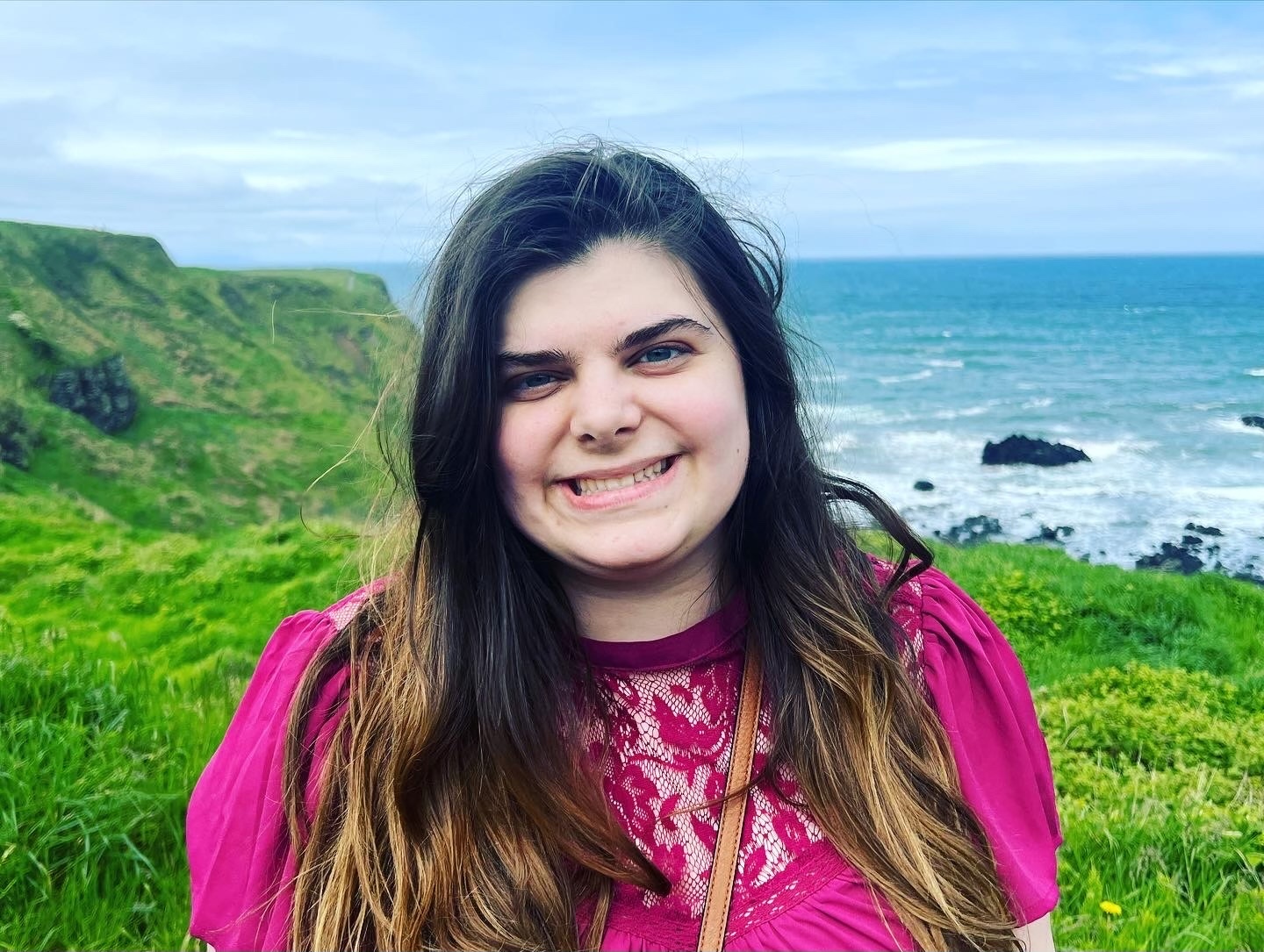As a kid, Courtney Waskow never considered being a nurse. But summers as a lifeguard ignited her interest in working with kids. Today, she holds an associate degree in nursing from Ivy Tech and works as a registered nurse at Riley Children’s Hospital in Indianapolis. She’s also a student in IU Online’s RN to BSN degree completion option.
“Online education was the only way I could fit classes in around my otherwise full schedule,” says Waskow. “I appreciate being able to learn at my own pace.”
Bringing the real world into the classroom
Waskow also appreciates the perspective that working nurses bring to the classroom experience. Their expertise in the field repeatedly enriches class content. “My fellow students’ experience in elder care, end-of-life care, and psychiatric care enlarged my understanding of the concepts we studied in class. There’s nothing like actual, lived experience to make class content relevant and immediate.”
One of Waskow’s professors, Paula Baumann, makes it a practice to weave students’ practical experience into their learning. Baumann, the associate dean for graduate nursing programs and an associate professor at IU East says, “Allowing students to create innovative projects from real-world experiences enhances their learning; sharing their experiences with classmates allows for deeper reflection and understanding from various viewpoints.”
Baumann based her course, Applied Healthcare Ethics, on Sheri Fink’s book, Five Days at Memorial: Life and Death in a Storm-Ravaged Hospital. The book recounts Memorial Medical Center’s response to the devastation wrought by Hurricane Katrina in New Orleans. When the hospital flooded and emergency services proved inadequate to evacuate patients, medical staff had to decide how to act and whom to save. Baumann says, “Healthcare is complex, and ethical issues are part of the daily experience of nurses and other members of the healthcare team. Real-world examples give students the tools to navigate these difficult dilemmas and helps them see the importance of advocacy for clients and safe health care.”
Waskow benefited greatly from Baumann’s approach and feels well prepared for her work at Riley. “My IU Online program prepared me for the reality of the nursing world: the physical and mental demands of being a nurse today; making ethical decisions under pressure; navigating the effects of the nursing shortage; dealing with patients who are very ill, unpredictable, or not in control of their actions; and facing our own emotions when our patients die.”
The rewards of giving back
Waskow has always wanted to give back—to her town, her community, and the state. “Working with kids, you get thanks from the kids themselves and from their families. When kids return to their families, to their schools, and to their communities, it benefits the entire neighborhood. When you run into a kid you treated who’s excited to see you again, you know you’ve made a real impact.”
Giving back remains Waskow’s focus. “My academic program, with its window on ethics and practical experience, opens multiple doors. I might stay at Riley or become a traveling nurse—there’s a huge need to fill there. Or I could earn a master’s to become a nurse practitioner in family medicine—maybe with IU Online! The field is open and full of opportunity.”


